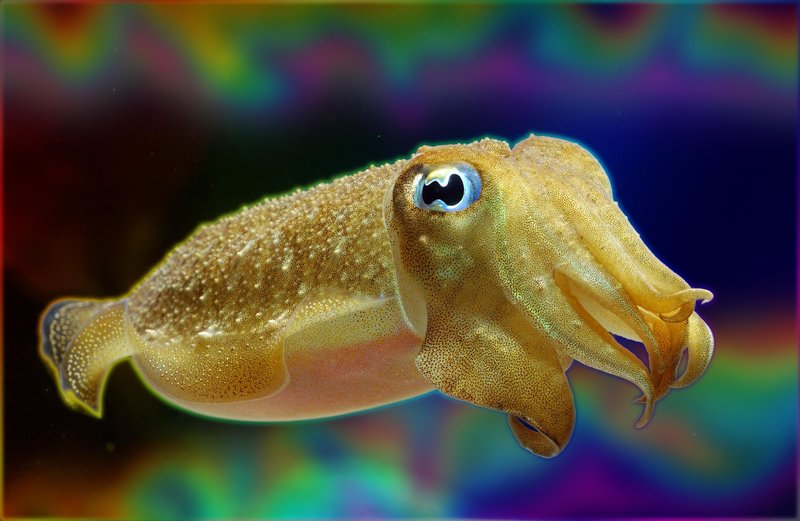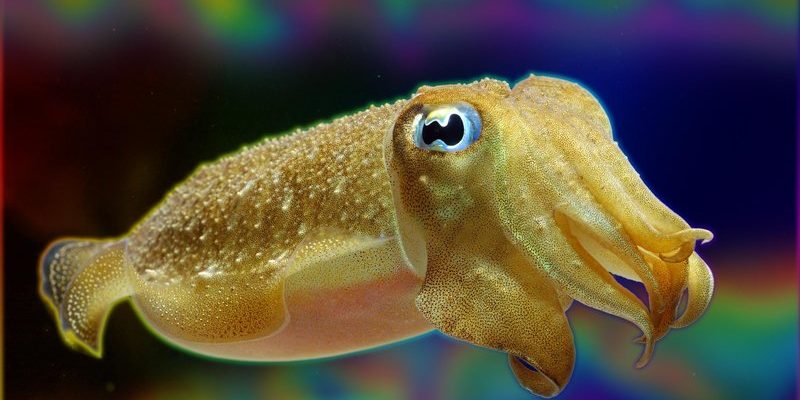
Imagine squids as the secretive artists of the ocean. They display extraordinary colors and patterns, much like a painter adding flair to a blank canvas. But their vivid lifestyles are threatened by various human activities. From overfishing to climate change, squids are caught in a tug-of-war for survival. In this article, we’ll break down the various factors influencing squid populations and share updates on conservation efforts aimed at protecting these incredible animals.
Understanding Squid Populations
Before we get into the conservation side of things, it’s important to understand the different types of squids and their habitats. Squids belong to a class of mollusks called Cephalopoda, which also includes octopuses and cuttlefish. There are around 300 known species of squids, ranging from the small but speedy pygmy squid to the colossal giant squid, which can grow up to 43 feet long!
Most squids are found in deep, open waters, but some species inhabit shallower regions. They thrive in various ocean environments, from the vibrant coral reefs to the dark depths of the abyss. While they’re essential players in the marine food web, squids are also preyed upon by larger animals, such as fish, seals, and even some birds. Therefore, any change in their population can ripple through the entire ecosystem.
So, you might be wondering, what makes squids vulnerable? Well, their life cycle plays a part. Many species reproduce quickly, laying thousands of eggs. However, because they have short lifespans—often only one to two years—changes in their environment can significantly impact their populations.
Factors Threatening Squid Populations
Several factors contribute to the decline of squid populations. Here are some of the most pressing issues:
- Overfishing: Squids are a popular catch for commercial fisheries. Overfishing can lead to decreased populations, disrupting the balance of marine life.
- Climate Change: Rising ocean temperatures and acidification are altering squid habitats. Changes in water chemistry can impact their growth and reproductive success.
- Pollution: Pollution from land runoff can introduce harmful chemicals into the ocean, affecting squid health and their food sources.
- Habitat Destruction: Activities like bottom trawling can damage the seafloor where squids live and breed, making it harder for them to thrive.
You might be thinking, “What’s the big deal? Aren’t squids just one small part of the ocean?” Here’s the thing: squids are a keystone species. This means they play a critical role in maintaining the structure of the ecosystem. If their populations drop too low, it can create a domino effect, harming other marine life and affecting the fishing industry.
Current Conservation Efforts
Conservation groups and governments worldwide are stepping in to help protect squids and their habitats. Some initiatives include:
- Fishing Regulations: Many countries are imposing stricter regulations on squid fishing to prevent overexploitation. This includes limits on catch sizes and closed seasons for certain squid species.
- Marine Protected Areas (MPAs): Establishing MPAs helps safeguard critical squid habitats from destructive activities. These areas allow squids to reproduce and thrive without human interference.
- Research and Monitoring: Scientists are studying squid populations and their ecological roles. By tracking changes over time, they can offer better insights into effective management strategies.
Honestly, it’s heartening to see more awareness about the plight of these creatures. With continued efforts, we can create a healthier environment for squids and other marine life. But there’s still a long way to go!
How You Can Help
You might feel a bit powerless when faced with the big issues of conservation, but there are practical steps you can take to support squid populations and ocean health:
- Choose Sustainable Seafood: Look for seafood that’s certified as sustainable. Choosing responsibly sourced squid helps reduce the pressure on wild populations.
- Reduce Plastic Use: Cutting down on single-use plastics can help prevent ocean pollution. Every little bit counts in keeping our oceans clean.
- Support Conservation Groups: Contributing to organizations that focus on marine conservation can make a real difference. They often lead initiatives that protect critical habitats and species.
- Spread Awareness: Share what you learn about squids and marine conservation. The more people know, the more support there will be for necessary changes!
By taking these small actions, you can be part of a bigger movement to ensure that squids and their ocean homes remain vibrant and healthy.
Future Outlook for Squids
So, what does the future hold for squids? While challenges exist, there’s hope. With ongoing research and conservation efforts, we can better understand these amazing creatures and their needs. The key is to stay informed and adapt as conditions change.
Conservation isn’t just the responsibility of scientists and policymakers; it’s about all of us. By being mindful of our choices and advocating for sustainable practices, we can help safeguard squids for generations to come.
Squids might not be the first creatures that come to mind when thinking about conservation, but their fate is crucial to the health of our oceans. It’s easy to overlook these mysterious beings, yet they’re integral players in marine ecosystems. By understanding the threats they face and the steps we can take to mitigate those threats, we can be part of the solution.
Let’s continue to shine a light on squids and work toward a future where they can thrive in our oceans. After all, every little effort counts, and together, we can make a difference!

